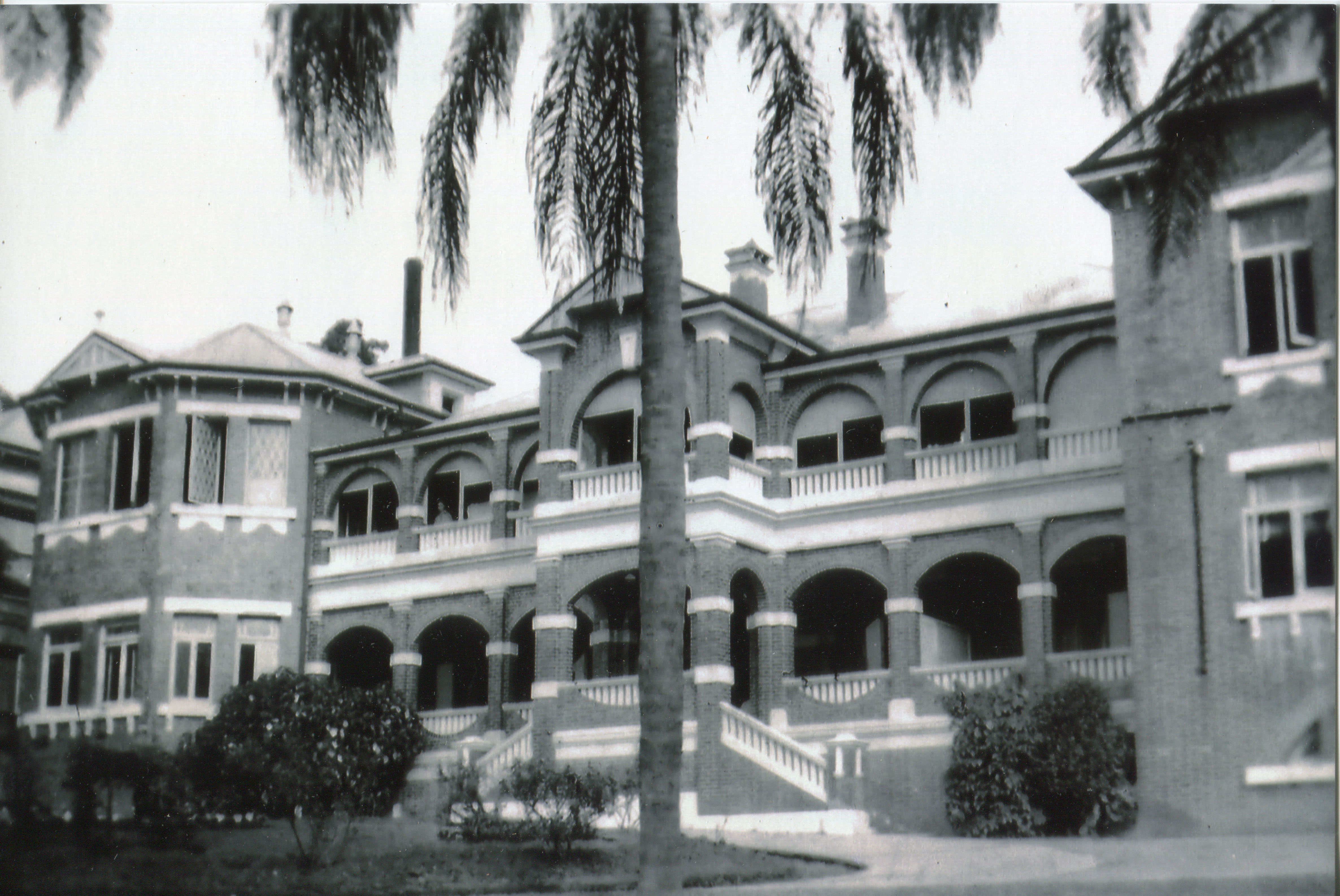
On 3 March 1860, 160 years ago, the newly opened Ipswich Hospital admitted its first patient, starting a long and proud history of caring for Ipswich residents.
West Moreton Health chief executive Dr Kerrie Freeman said Ipswich Hospital’s birthday was a significant milestone for the West Moreton community.
“The hospital’s 160-year birthday is not so much a celebration of the bricks and mortar but a tribute to the people who have contributed to the community through determination, sacrifice and dedication,” Dr Freeman said.
“Today is about the generations of nurses, doctors, allied health and support staff who have worked to save lives and keep people well for 16 decades.
“It is also an opportunity to celebrate and thank everyone who remains committed to our cause of caring better together in 2020 and beyond.”
The first patient was Thomas Tindale Makepeace from Moggill, who was working in the mines at Redbank when he was admitted to Ipswich Hospital.
Ipswich Hospital is believed to be the first hospital opened after Queensland became a state.
A news item in the Moreton Bay Courier on Thursday, 23 February 1860 heralded the opening of the Ipswich Hospital:
“This institution will be opened for the reception of patients on Friday next. A considerable outlay is still required to render the establishment complete. It is to be hoped that the inhabitants of the town and neighbourhood will feel stimulated to give such pecuniary assistance as may be necessary to render the institution efficient in every respect.”
Ipswich Hospital’s early staffing included doctors Challinor, Rowlands and Lucas (Honorary Medical Officers), Mr Hambrook (Resident Dispenser) and Miss Ellen Raymond (Matron).
Other doctors and nurses soon followed.
From its opening on 2 March until 31 December 1860, 63 patients were admitted; 36 were discharged as cured or “relieved”; three dismissed as irregular in their conduct; nine died and 15 patients still remained to continue their convalescence into the new year.
The first operation was performed by Dr Lucas, assisted by Drs Rowland and Challinor, who amputated the leg of a patient, John Sheridan, who was suffering from a fungoid tumour on the lower leg.
Two weeks later the patient was making a fast recovery.
The first case of the new and deadly diphtheria was treated in April 1860.
In 1866 Matron Raymond died from a fever (thought to be typhoid) from nursing patients during a fever epidemic.
An advertisement was placed in The Queensland Times, Courier and Mercury:
“Wanted immediately an experienced middle aged Lady, as Matron in the above Institution. The Applicant must be single or a widow without family. Application to be made by letter, enclosing Testimonials, addressed to the Committee, on or before Thursday 11th Instant.”
Today Ipswich Hospital has grown to meet the rising demands of Ipswich’s growing population.
Now covering all of West Moreton, on average, 70 patients underwent surgeries or procedures every day during 2019. 250 people a day sought help at emergency departments across the West Moreton area including Ipswich, Boonah, Esk, Gatton and Laidley hospitals.
Virtual and digital programs also help doctors provide more care to patients outside of hospital, through programs like Mobile Enabled Care, or MeCare.
Visiting the Ipswich Hospital these days may be quite different to the early days but one thing is the same – a team of dedicated health professionals still walk up the hill every day and work hard to care for the Ipswich community.
Coincidentally the Ipswich Hospital Museum will be 10 years old on 3 March, the same day the hospital received its first patient 160 years ago.
Housed in the A.E. Wilcox Room on the bottom floor of the Jubilee Building in the Ipswich Hospital grounds, the museum usually opens every Wednesday morning but is temporarily closed for the next few weeks as the building is being used for other purposes.
Volunteers ask people to phone before planning a visit on 0460 683 677 or keep an eye on the Friends of the Ipswich Hospital Museum Facebook page for up-to-date information.
It is staffed by volunteers who collate and catalogue items and photographs, who research and record the buildings timelines and staff history, who inform and educate visitors to the museum and community groups and who are passionate about archiving and keeping the hospital’s history alive.
* Article reproduced with permission from Ipswich First
